Home / Home / Modi Government's Surprise Caste Census Move: Calculated Political Strategy or Tactical Response to Opposition Pressure?
Modi Government's Surprise Caste Census Move: Calculated Political Strategy or Tactical Response to Opposition Pressure?
By: My India Times
6 minutes read 90Updated At: 2025-05-01

In a move that has sent political shockwaves across the country, the Narendra Modi-led central government has announced that the forthcoming national census will, for the first time in independent India’s history, include a detailed caste-based enumeration. The unexpected decision has prompted widespread speculation: Is this a strategic pivot designed to counter the growing influence of the opposition’s caste-based agenda, or is it another classic political maneuver by the BJP to reset the narrative ahead of key elections?
The Surprise Announcement That Caught Many Off Guard
On Wednesday, Union Minister for Information and Broadcasting, Ashwini Vaishnaw, addressed the media following a meeting of the Cabinet Committee on Political Affairs (CCPA). “The Cabinet Committee has decided that caste enumeration will be included in the upcoming national census. This decision aims to ensure transparency and improve the accuracy of data collection, especially on social demographics,” he declared.
This declaration took most political observers and opposition leaders by surprise. Until now, the Modi government had maintained a cautious distance from caste-based enumeration, with party leaders often arguing that such practices were divisive and served to fragment the nation’s social fabric. However, this abrupt policy shift has opened the floodgates for debates across the political spectrum.
Opposition Claims Victory, Calls It a “People’s Demand”
The INDIA alliance, a coalition of opposition parties led by the Congress, Rashtriya Janata Dal (RJD), Samajwadi Party (SP), and others, was quick to claim credit for the move. They argued that relentless political pressure and persistent public demand forced the government’s hand.
Congress leader Rahul Gandhi called it a “victory for social justice,” saying, “This decision belongs to the people of India, especially the backward and marginalised communities who have long demanded recognition and fair representation. The Modi government has finally accepted what we have been advocating.”
Other leaders from the opposition, particularly those from regional parties with strong OBC (Other Backward Classes) and Dalit support bases, echoed similar sentiments. Tejashwi Yadav of the RJD termed the move “a vindication of the Mandal legacy,” referring to the 1990s political shift that gave rise to OBC-centric politics in India.
BJP’s Historic Opposition to Caste Census
The BJP, and Narendra Modi in particular, have historically distanced themselves from caste-based politics, projecting instead a narrative of “sabka saath, sabka vikas” (development for all). Party leaders often accused opposition parties, especially Congress, of exploiting caste dynamics for vote-bank politics.
Yet, the shift in the government's stance is significant. Union Minister Vaishnaw, while announcing the inclusion of caste enumeration, also took a subtle swipe at previous efforts led by opposition parties. He criticized earlier caste surveys conducted in certain states, calling them “non-transparent” and “driven purely by political motives.”
He said, “Surveys carried out in the past were not comprehensive. Many of them lacked clarity and were done from a political angle. Our aim is to bring transparency and reliability to this process so that future policies can be grounded in actual data.”
A Political Masterstroke or Electoral Compulsion?
The timing of the decision has led to speculation about the underlying motivations. With the 2024 Lok Sabha elections behind and the next round of crucial state elections approaching in 2025, many analysts believe the BJP is trying to recalibrate its social outreach strategy.
The success of opposition narratives around social justice and caste equity, particularly in Hindi heartland states like Bihar and Uttar Pradesh, may have nudged the BJP to rethink its electoral positioning. The caste census has become a key rallying cry for opposition parties, and the BJP might have feared losing ground among OBC communities — a group that has played a crucial role in its electoral victories.
“This move is a classic preemptive strike,” says political analyst Dr. Ruchi Sharma. “By announcing a caste-based census, the BJP has neutralized a major opposition talking point. They are now trying to own the narrative.”
The Modi Style of Governance: Disruptive but Calculated
This is not the first time the Modi government has made a sudden, disruptive announcement that changes the political discourse. From the 2016 demonetisation decision to the revocation of Article 370 in Jammu & Kashmir, and more recently, the implementation of the Citizenship Amendment Act (CAA), Modi has often preferred surprise as a political weapon.
Such moves are often initially viewed as risky, but in many cases, they’ve paid off politically. Whether the caste census decision will have a similar outcome remains to be seen, but it certainly reflects the government’s readiness to break from tradition when it suits the broader political narrative.
In a recent internal party meeting, sources say BJP strategists discussed the growing influence of regional caste-based parties. The leadership reportedly emphasized the need to not cede the social justice plank entirely to the opposition, especially in states like Bihar, Tamil Nadu, and Maharashtra.
Socio-Economic Implications and Policy Impact
Beyond politics, the decision also has deep implications for governance and policy formulation. Experts argue that accurate caste data is crucial for addressing socio-economic disparities in a structured and evidence-based manner.
Dr. S.Y. Qureshi, former Chief Election Commissioner, commented, “Knowing the exact social composition of the population allows the government to craft more effective affirmative action policies. It’s long overdue, and it brings us closer to inclusive development.”
Social scientists and activists have long lobbied for such a census, arguing that without up-to-date data, schemes meant for upliftment of backward classes are often based on outdated or arbitrary assumptions.
Challenges Ahead: Accuracy, Sensitivity, and Execution
While the announcement has been made, the road ahead will be complex. Conducting a caste census on a national scale presents logistical, technical, and ethical challenges. Past efforts, like the Socio-Economic and Caste Census (SECC) in 2011, were marred by controversies over data inconsistencies.
Moreover, caste remains a sensitive subject in Indian society. Misreporting, political interference, and the potential misuse of data are concerns that must be addressed proactively.
The government has promised that the process will be supervised by a team of independent experts and statisticians to maintain objectivity. But ensuring public trust will be key to the success of this exercise.
Conclusion: A Gamble That May Reshape Indian Politics
Whether seen as a response to political compulsion or a well-timed masterstroke, the Modi government’s decision to include caste enumeration in the next census marks a tectonic shift in Indian governance and political strategy.
It is a reminder that in Indian politics, caste remains a powerful undercurrent — one that no national party, including the BJP, can afford to ignore. With this move, the BJP has stepped into territory it long resisted, possibly rewriting the rules of engagement for the battles ahead.
....In a move that has sent political shockwaves across the country, the Narendra Modi-led central government has announced that the forthcoming national census will, for the first time in independent India’s history, include a detailed caste-based enumeration. The unexpected decision has prompted widespread speculation: Is this a strategic pivot designed to counter the growing influence of the opposition’s caste-based agenda, or is it another classic political maneuver by the BJP to reset the narrative ahead of key elections?
The Surprise Announcement That Caught Many Off Guard
On Wednesday, Union Minister for Information and Broadcasting, Ashwini Vaishnaw, addressed the media following a meeting of the Cabinet Committee on Political Affairs (CCPA). “The Cabinet Committee has decided that caste enumeration will be included in the upcoming national census. This decision aims to ensure transparency and improve the accuracy of data collection, especially on social demographics,” he declared.
This declaration took most political observers and opposition leaders by surprise. Until now, the Modi government had maintained a cautious distance from caste-based enumeration, with party leaders often arguing that such practices were divisive and served to fragment the nation’s social fabric. However, this abrupt policy shift has opened the floodgates for debates across the political spectrum.
Opposition Claims Victory, Calls It a “People’s Demand”
The INDIA alliance, a coalition of opposition parties led by the Congress, Rashtriya Janata Dal (RJD), Samajwadi Party (SP), and others, was quick to claim credit for the move. They argued that relentless political pressure and persistent public demand forced the government’s hand.
Congress leader Rahul Gandhi called it a “victory for social justice,” saying, “This decision belongs to the people of India, especially the backward and marginalised communities who have long demanded recognition and fair representation. The Modi government has finally accepted what we have been advocating.”
Other leaders from the opposition, particularly those from regional parties with strong OBC (Other Backward Classes) and Dalit support bases, echoed similar sentiments. Tejashwi Yadav of the RJD termed the move “a vindication of the Mandal legacy,” referring to the 1990s political shift that gave rise to OBC-centric politics in India.
BJP’s Historic Opposition to Caste Census
The BJP, and Narendra Modi in particular, have historically distanced themselves from caste-based politics, projecting instead a narrative of “sabka saath, sabka vikas” (development for all). Party leaders often accused opposition parties, especially Congress, of exploiting caste dynamics for vote-bank politics.
Yet, the shift in the government's stance is significant. Union Minister Vaishnaw, while announcing the inclusion of caste enumeration, also took a subtle swipe at previous efforts led by opposition parties. He criticized earlier caste surveys conducted in certain states, calling them “non-transparent” and “driven purely by political motives.”
He said, “Surveys carried out in the past were not comprehensive. Many of them lacked clarity and were done from a political angle. Our aim is to bring transparency and reliability to this process so that future policies can be grounded in actual data.”
A Political Masterstroke or Electoral Compulsion?
The timing of the decision has led to speculation about the underlying motivations. With the 2024 Lok Sabha elections behind and the next round of crucial state elections approaching in 2025, many analysts believe the BJP is trying to recalibrate its social outreach strategy.
The success of opposition narratives around social justice and caste equity, particularly in Hindi heartland states like Bihar and Uttar Pradesh, may have nudged the BJP to rethink its electoral positioning. The caste census has become a key rallying cry for opposition parties, and the BJP might have feared losing ground among OBC communities — a group that has played a crucial role in its electoral victories.
“This move is a classic preemptive strike,” says political analyst Dr. Ruchi Sharma. “By announcing a caste-based census, the BJP has neutralized a major opposition talking point. They are now trying to own the narrative.”
The Modi Style of Governance: Disruptive but Calculated
This is not the first time the Modi government has made a sudden, disruptive announcement that changes the political discourse. From the 2016 demonetisation decision to the revocation of Article 370 in Jammu & Kashmir, and more recently, the implementation of the Citizenship Amendment Act (CAA), Modi has often preferred surprise as a political weapon.
Such moves are often initially viewed as risky, but in many cases, they’ve paid off politically. Whether the caste census decision will have a similar outcome remains to be seen, but it certainly reflects the government’s readiness to break from tradition when it suits the broader political narrative.
In a recent internal party meeting, sources say BJP strategists discussed the growing influence of regional caste-based parties. The leadership reportedly emphasized the need to not cede the social justice plank entirely to the opposition, especially in states like Bihar, Tamil Nadu, and Maharashtra.
Socio-Economic Implications and Policy Impact
Beyond politics, the decision also has deep implications for governance and policy formulation. Experts argue that accurate caste data is crucial for addressing socio-economic disparities in a structured and evidence-based manner.
Dr. S.Y. Qureshi, former Chief Election Commissioner, commented, “Knowing the exact social composition of the population allows the government to craft more effective affirmative action policies. It’s long overdue, and it brings us closer to inclusive development.”
Social scientists and activists have long lobbied for such a census, arguing that without up-to-date data, schemes meant for upliftment of backward classes are often based on outdated or arbitrary assumptions.
Challenges Ahead: Accuracy, Sensitivity, and Execution
While the announcement has been made, the road ahead will be complex. Conducting a caste census on a national scale presents logistical, technical, and ethical challenges. Past efforts, like the Socio-Economic and Caste Census (SECC) in 2011, were marred by controversies over data inconsistencies.
Moreover, caste remains a sensitive subject in Indian society. Misreporting, political interference, and the potential misuse of data are concerns that must be addressed proactively.
The government has promised that the process will be supervised by a team of independent experts and statisticians to maintain objectivity. But ensuring public trust will be key to the success of this exercise.
Conclusion: A Gamble That May Reshape Indian Politics
Whether seen as a response to political compulsion or a well-timed masterstroke, the Modi government’s decision to include caste enumeration in the next census marks a tectonic shift in Indian governance and political strategy.
It is a reminder that in Indian politics, caste remains a powerful undercurrent — one that no national party, including the BJP, can afford to ignore. With this move, the BJP has stepped into territory it long resisted, possibly rewriting the rules of engagement for the battles ahead.
By: My India Times
Updated At: 2025-05-01
Tags: Home News | My India Times News | Trending News | Travel News
Join our WhatsApp Channel

Similiar News
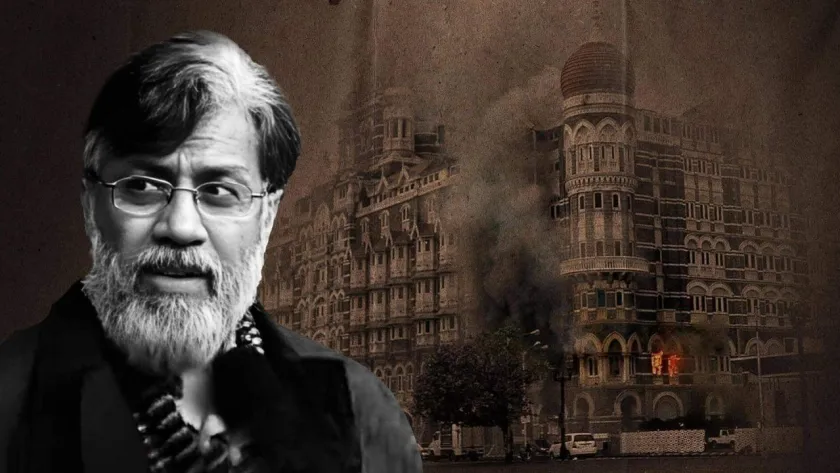
US Supreme Court Rejects 26/11 Accused Tahawwur Rana’s Plea to Block Extradition to India
2025-03-08
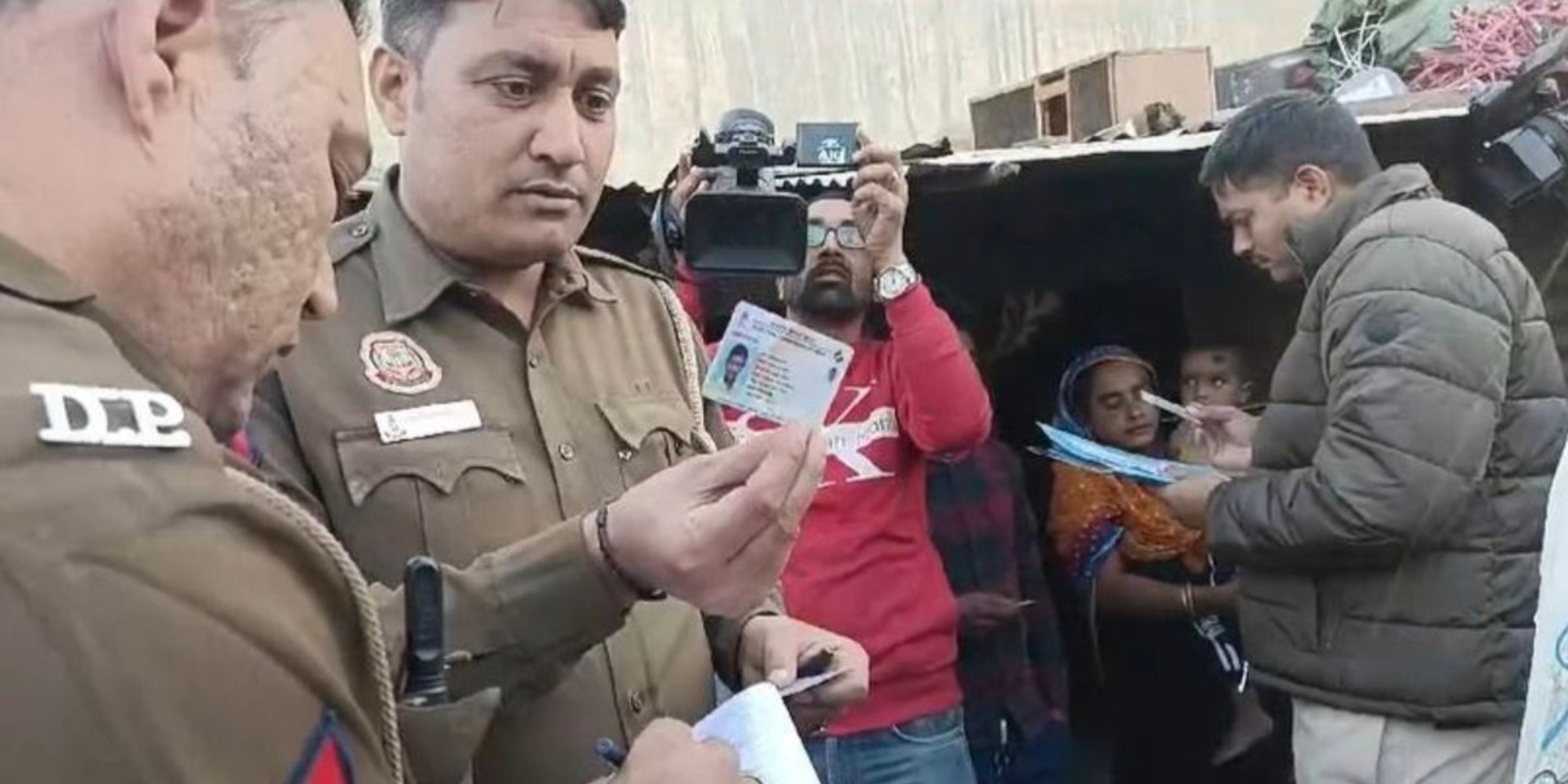


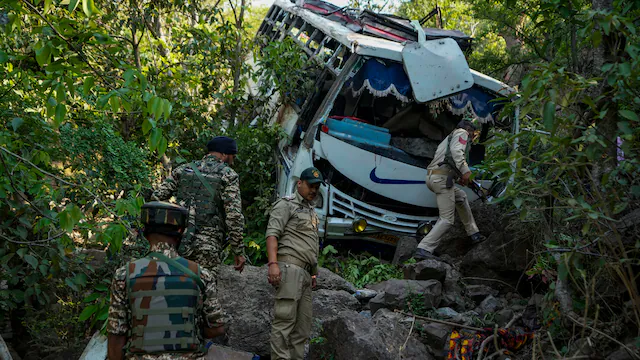














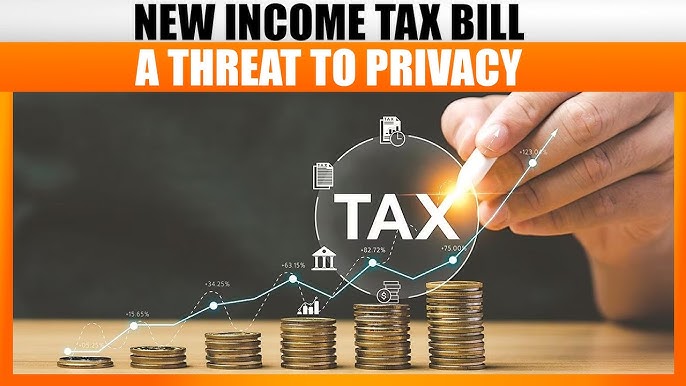

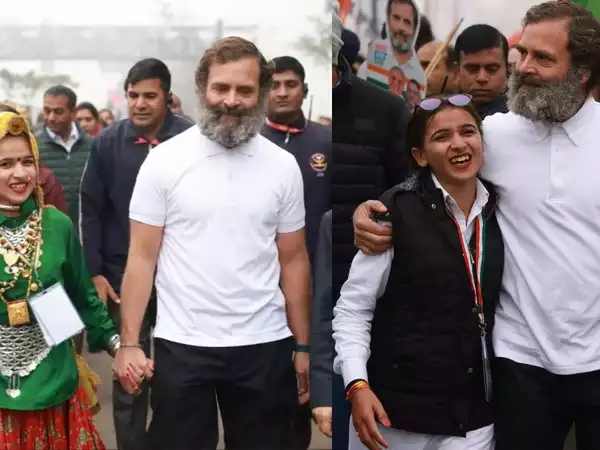


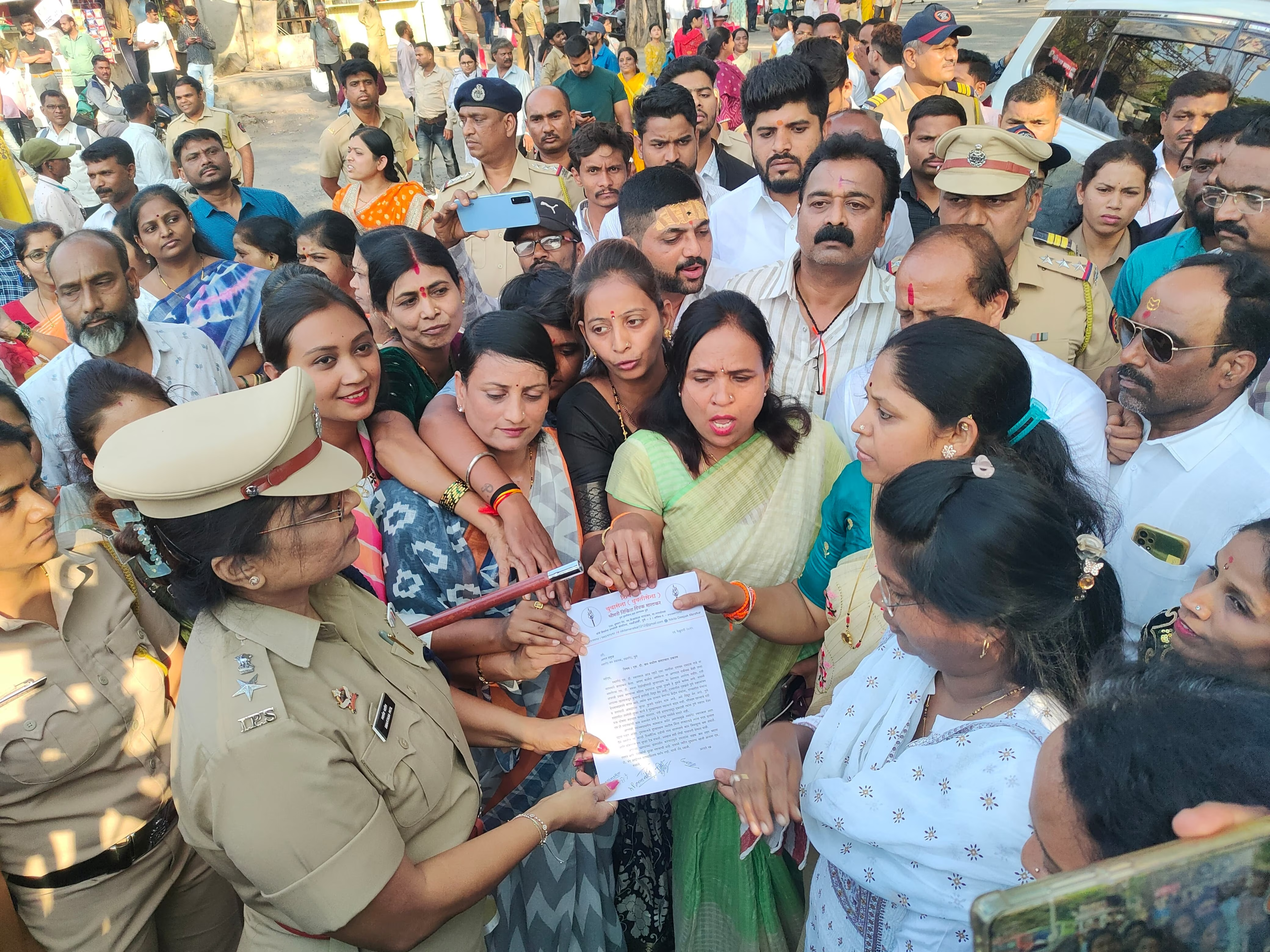

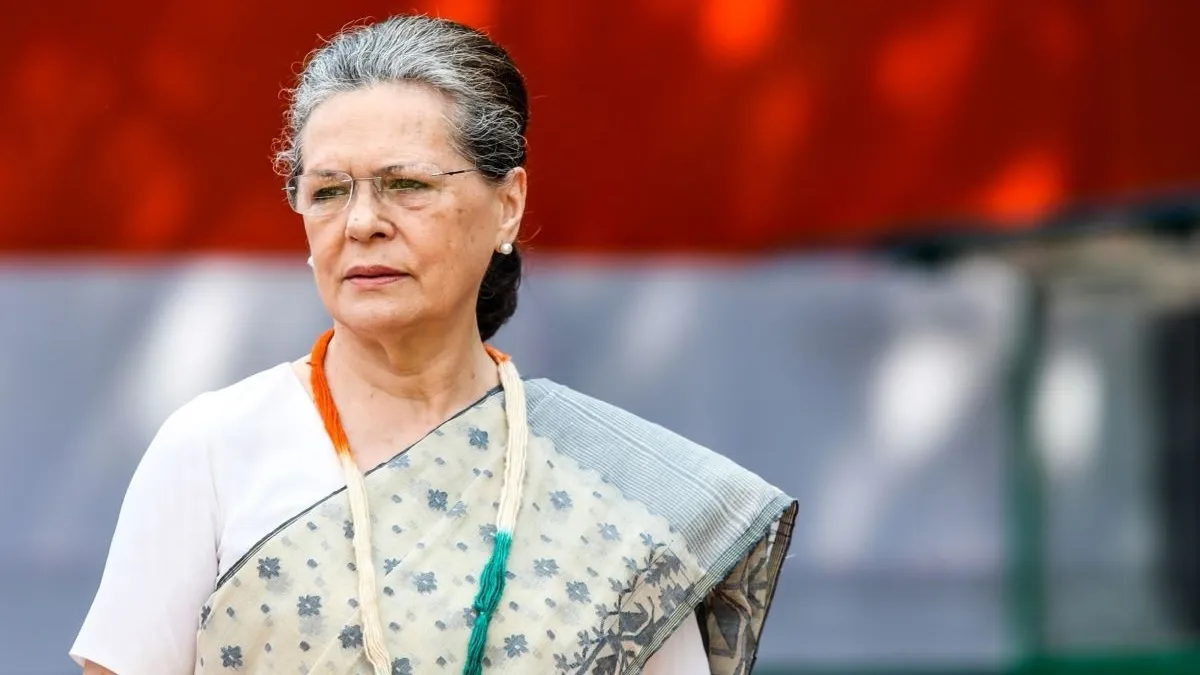
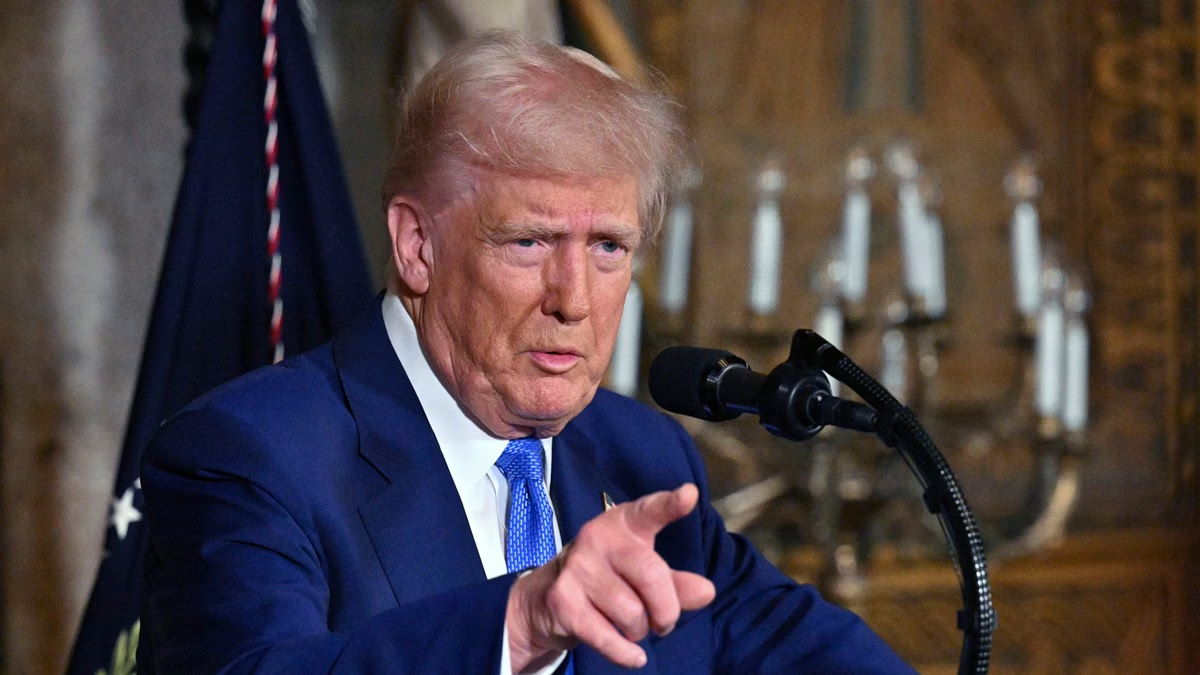
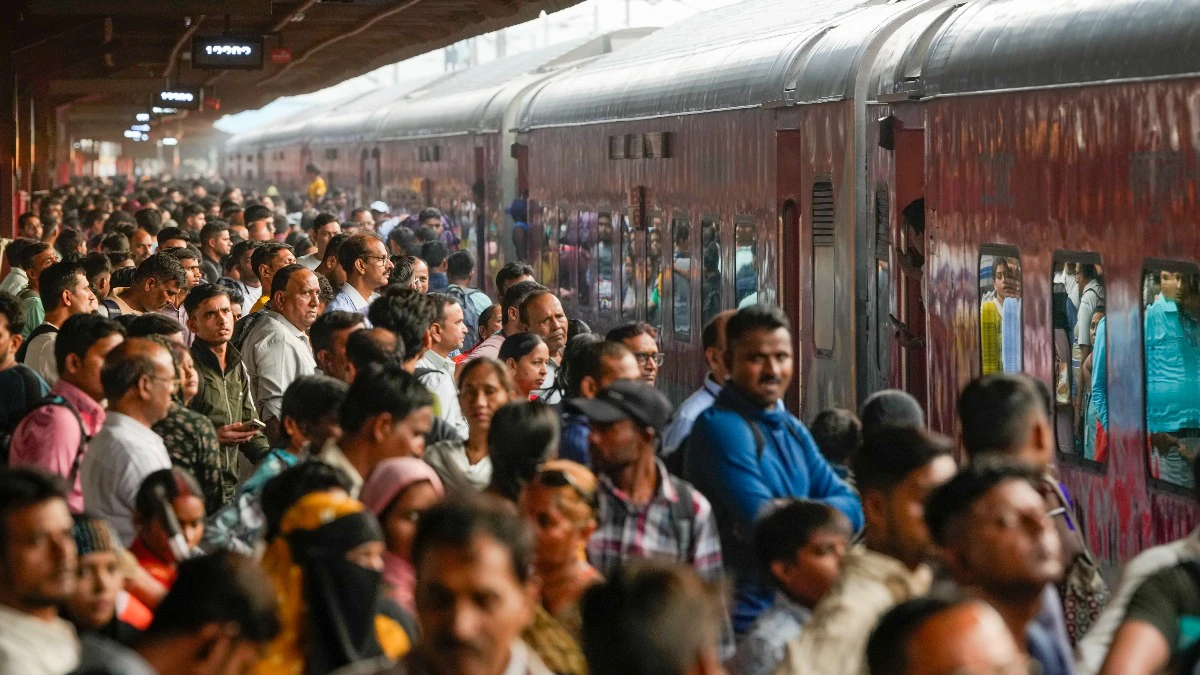
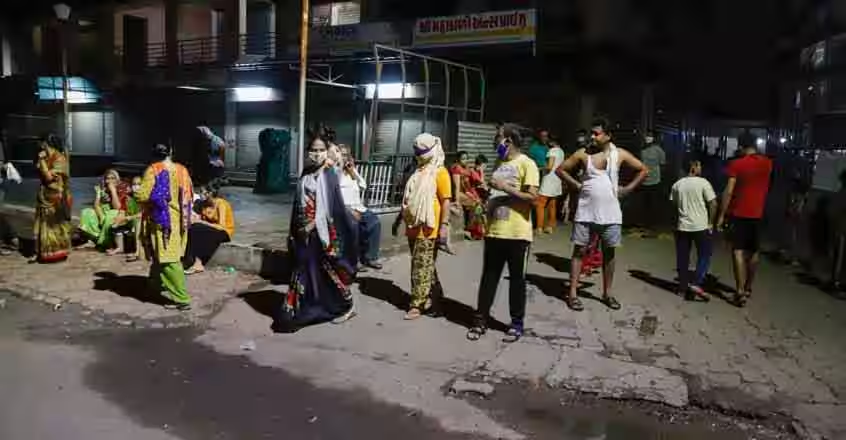












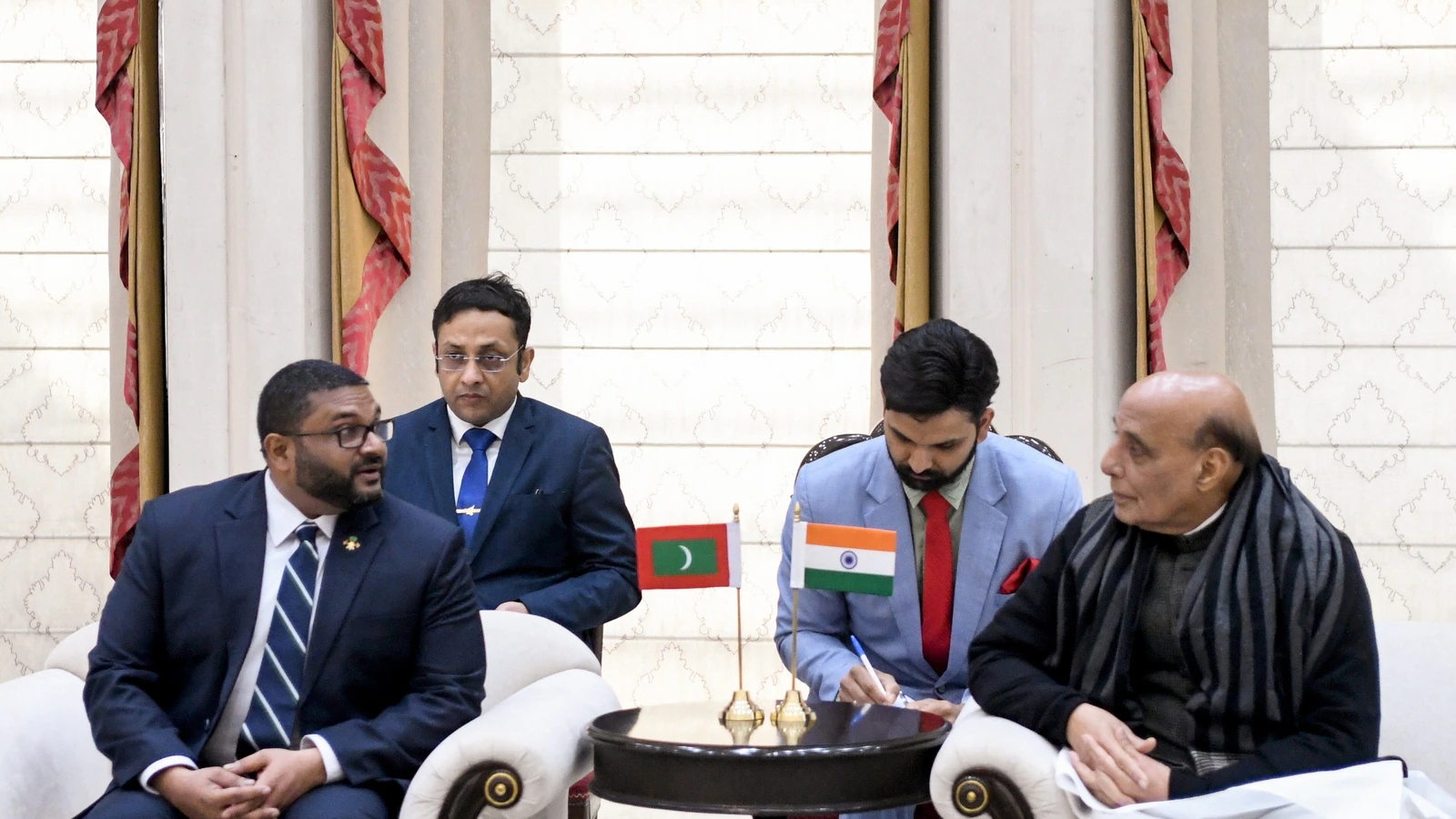

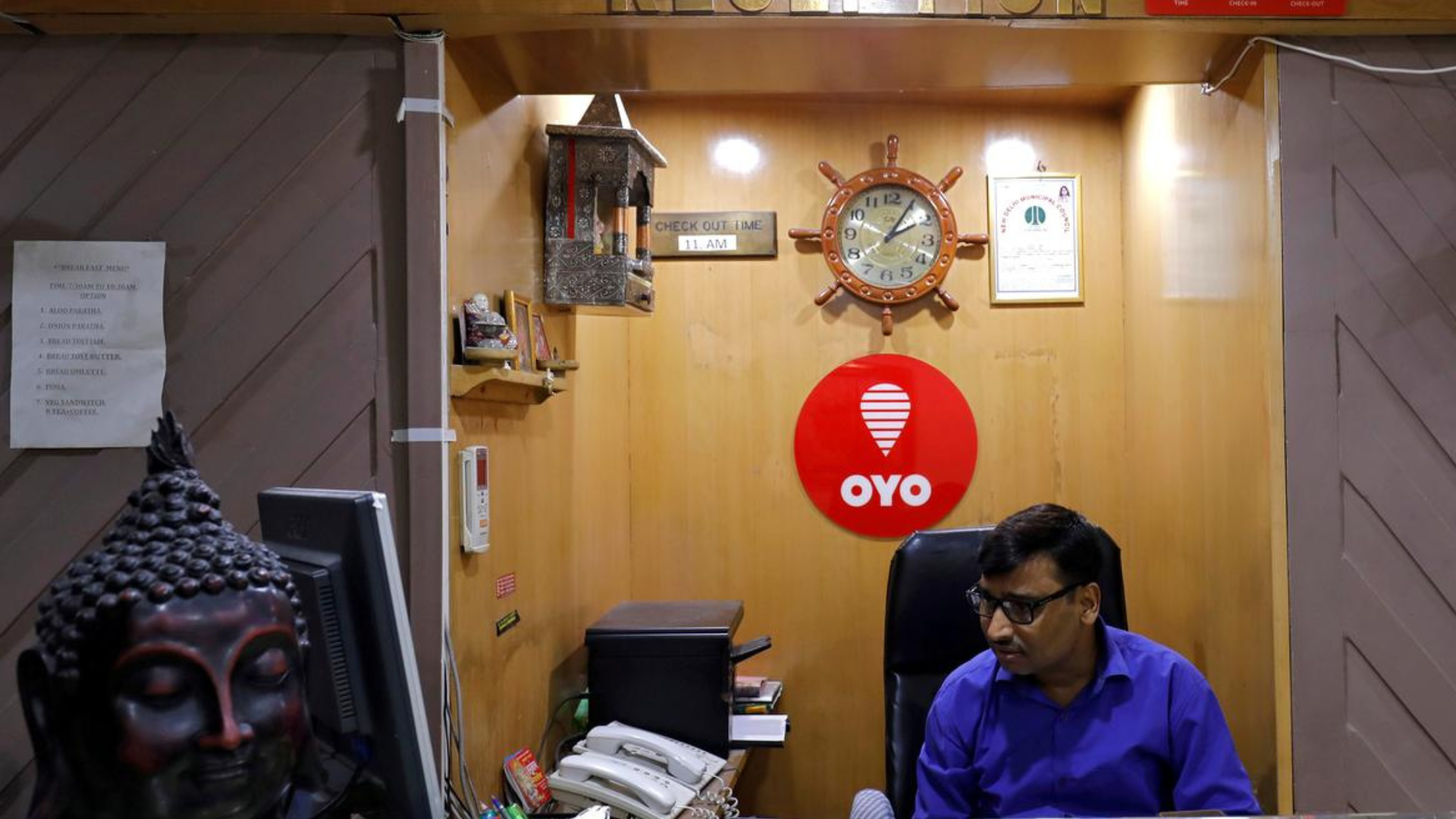
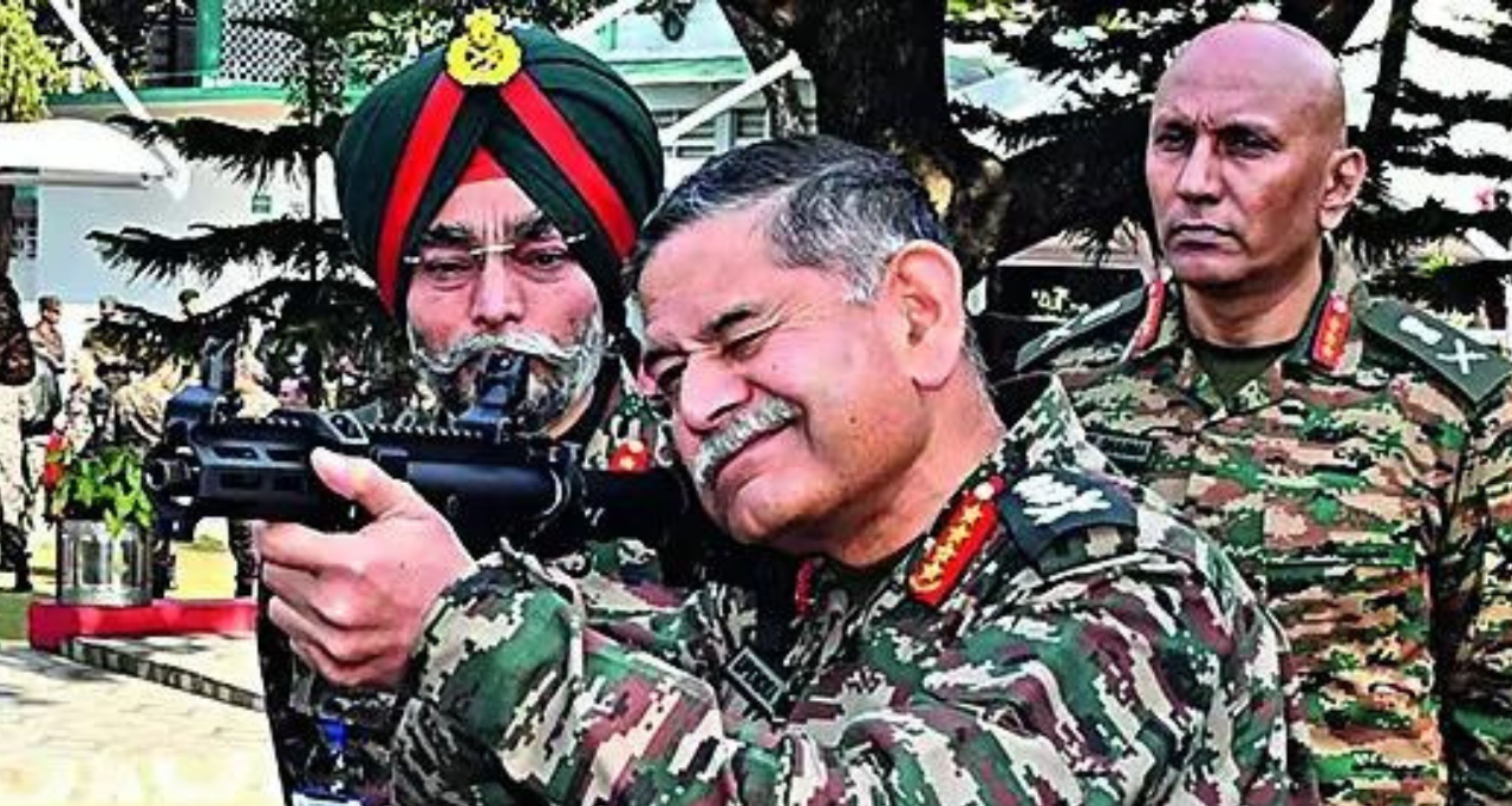
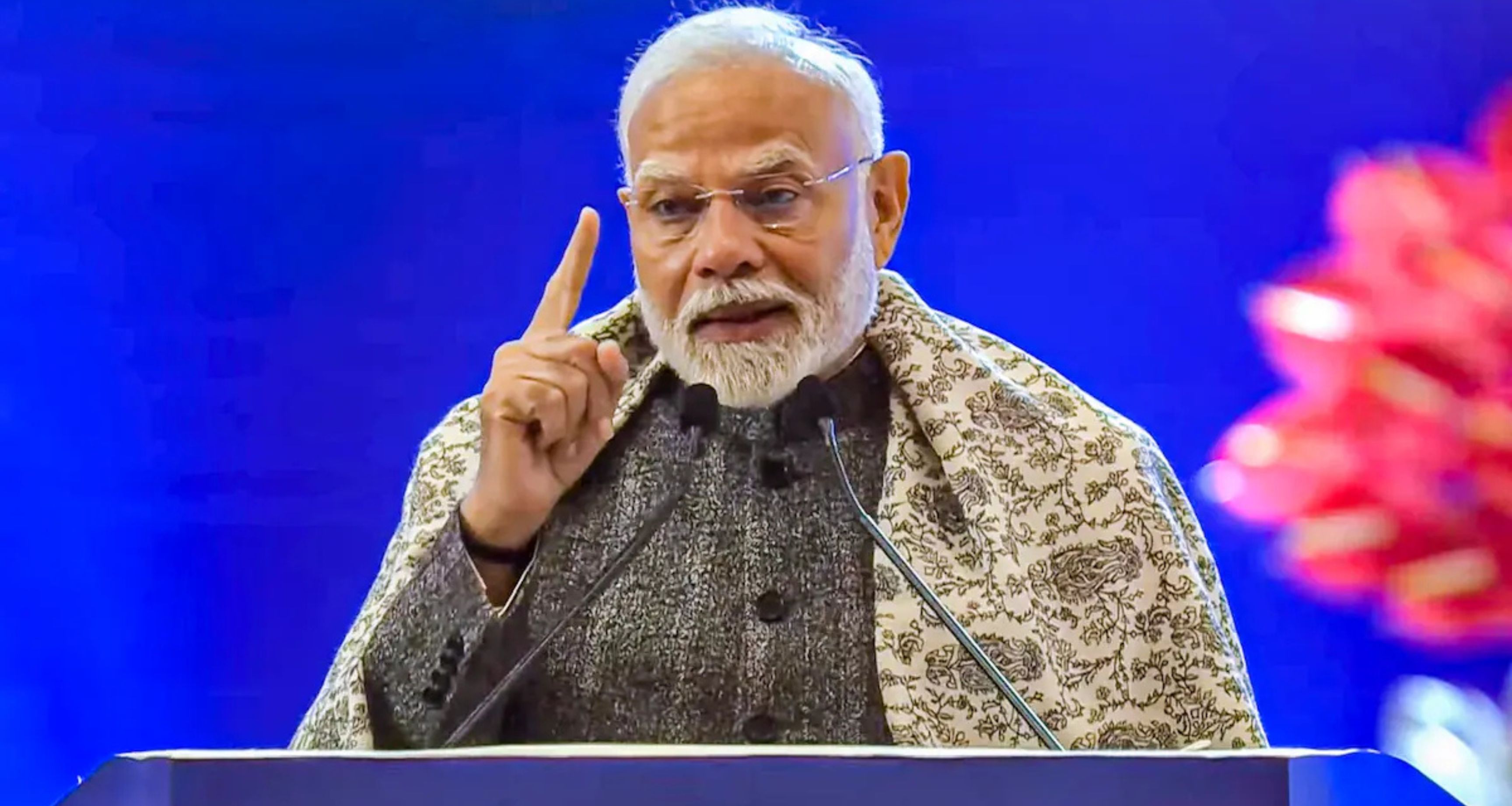
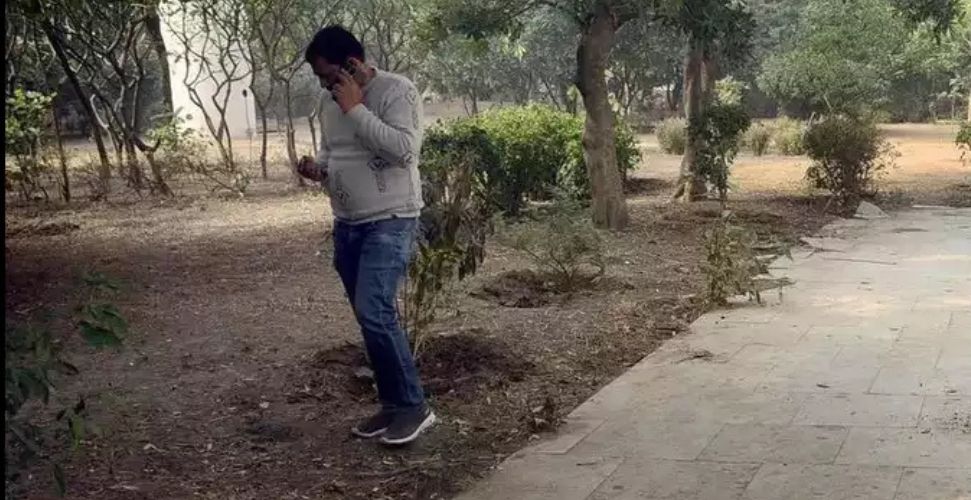

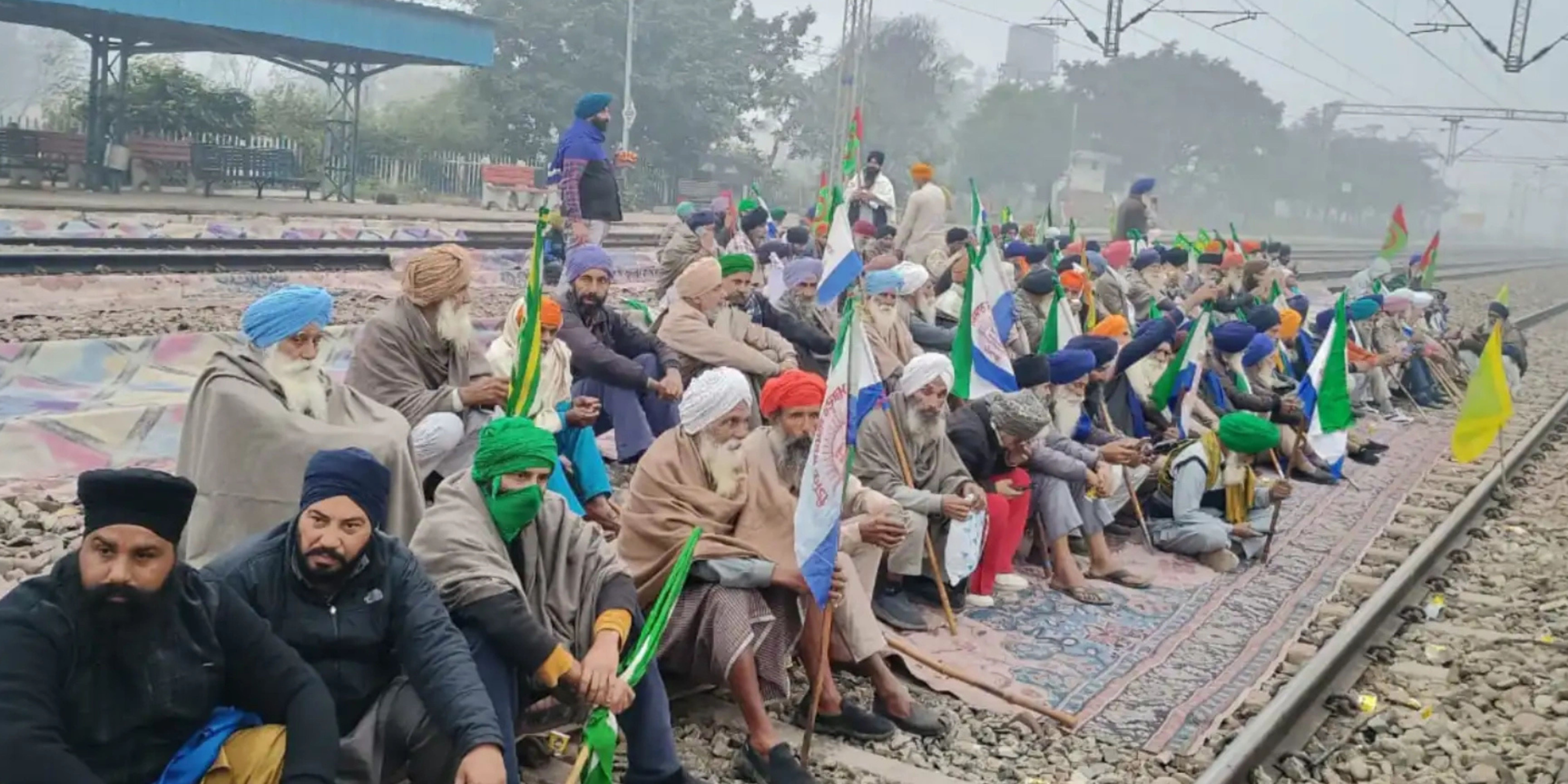
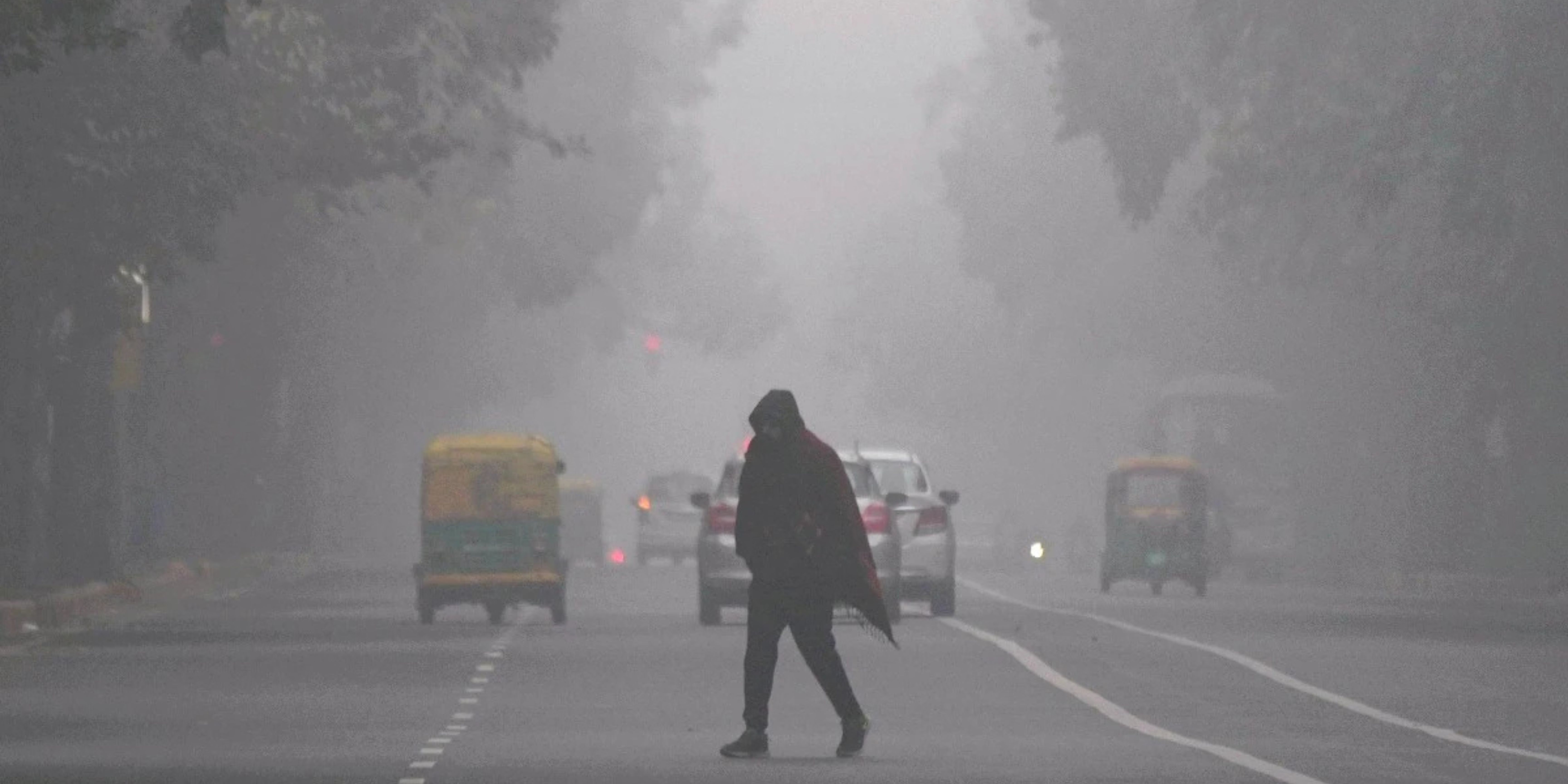


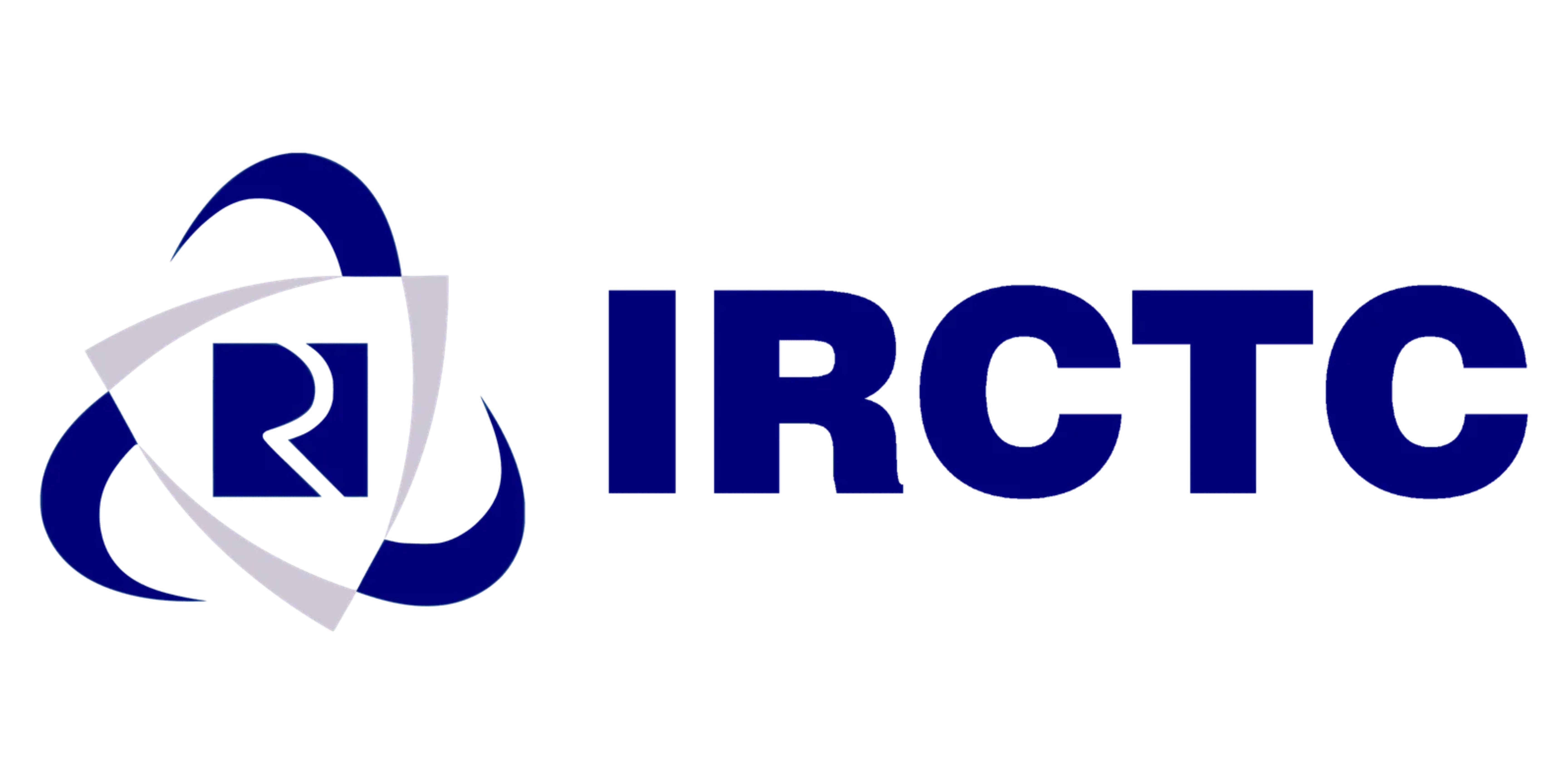

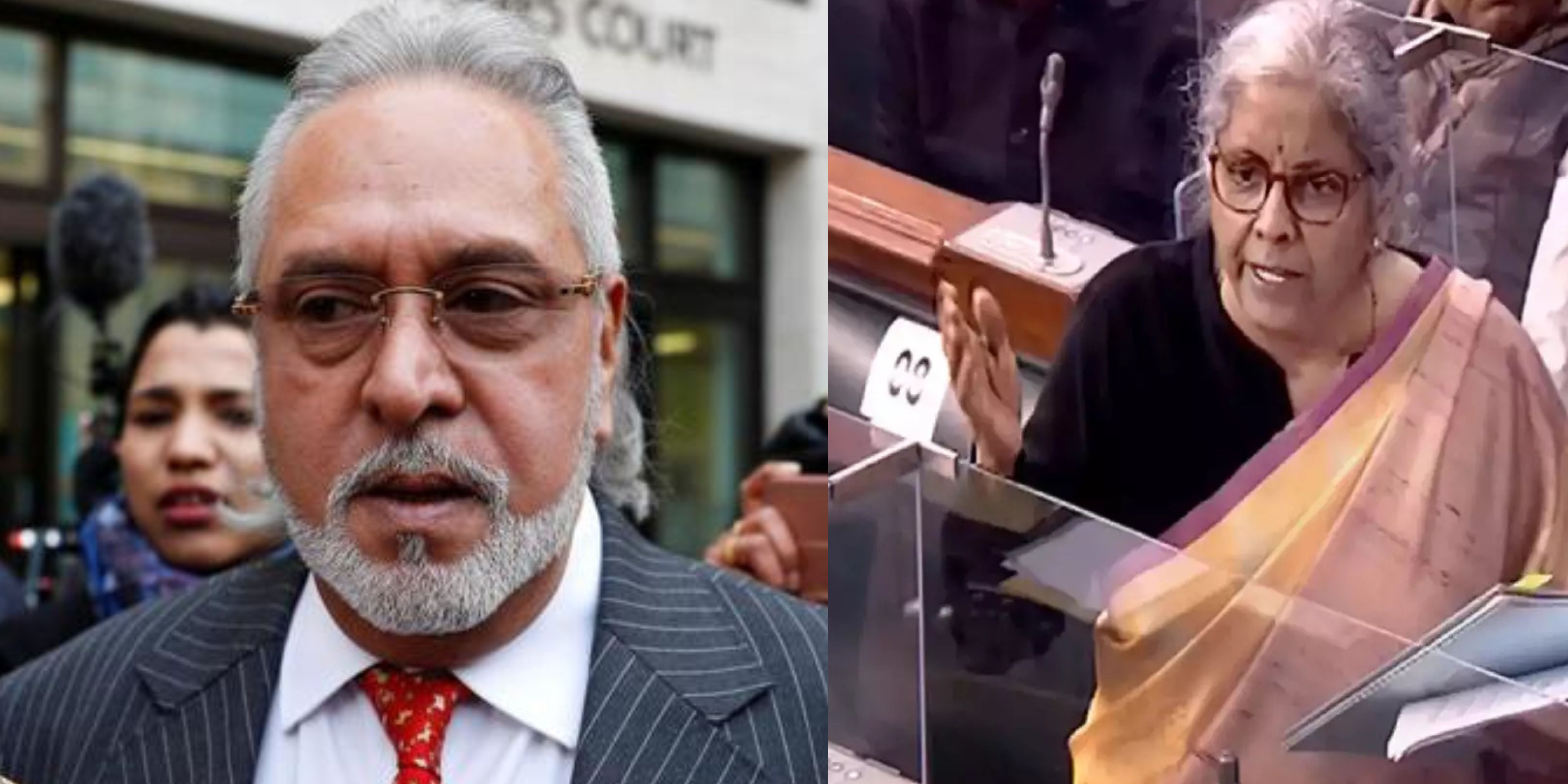

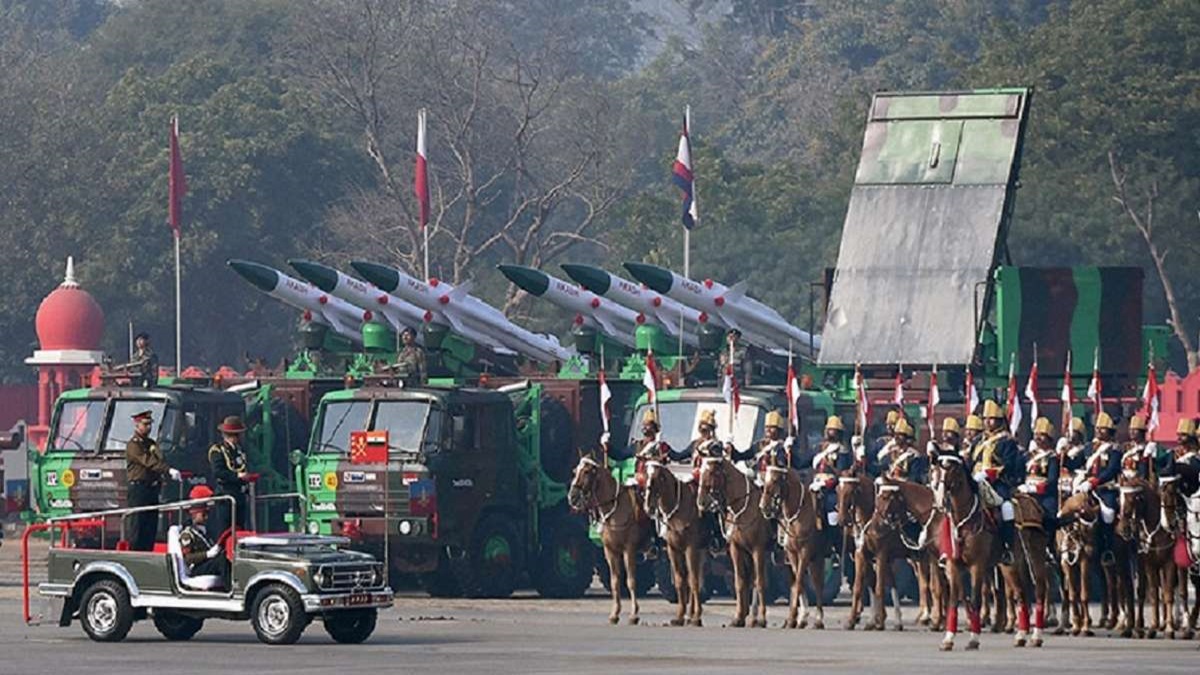

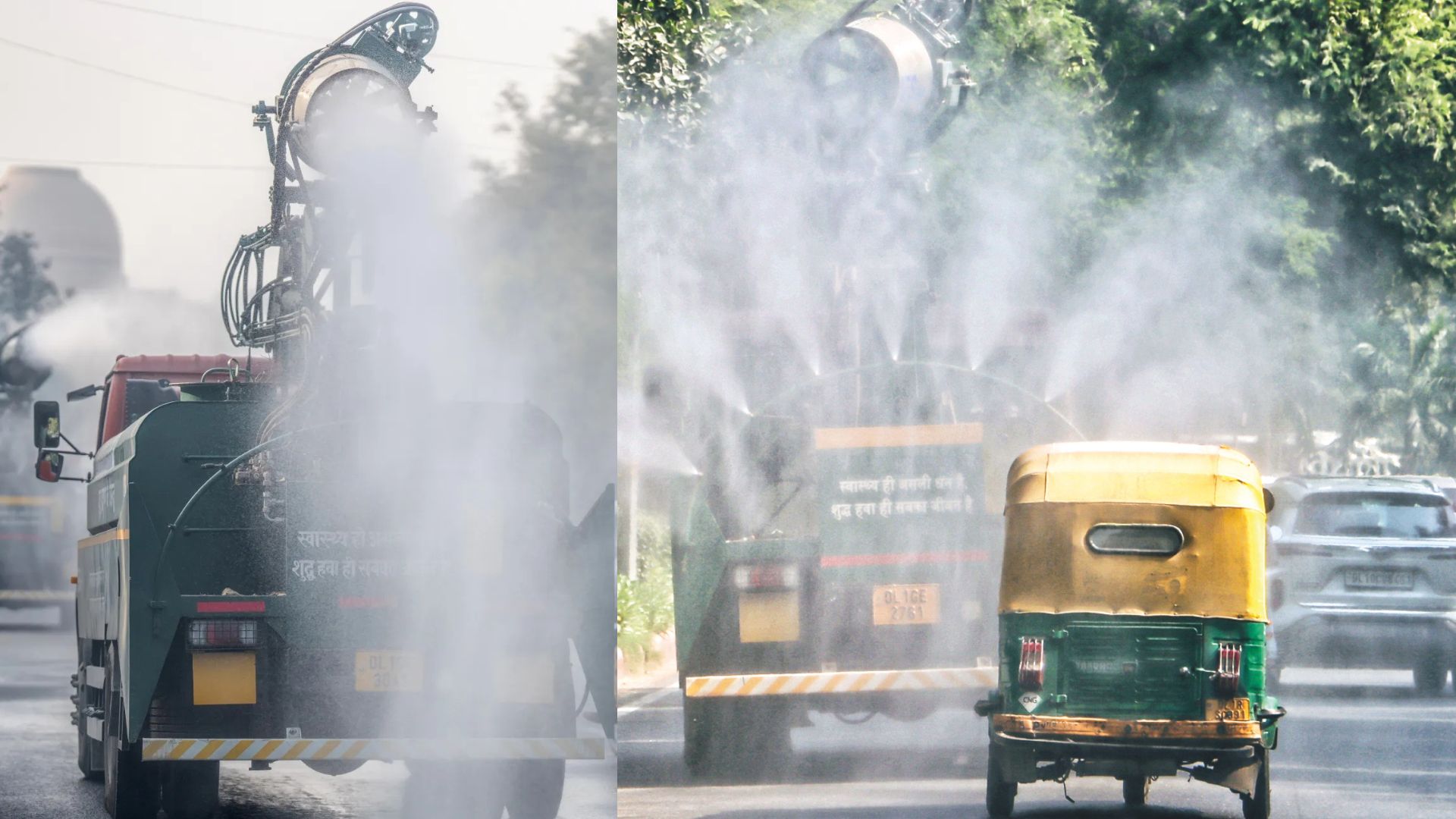
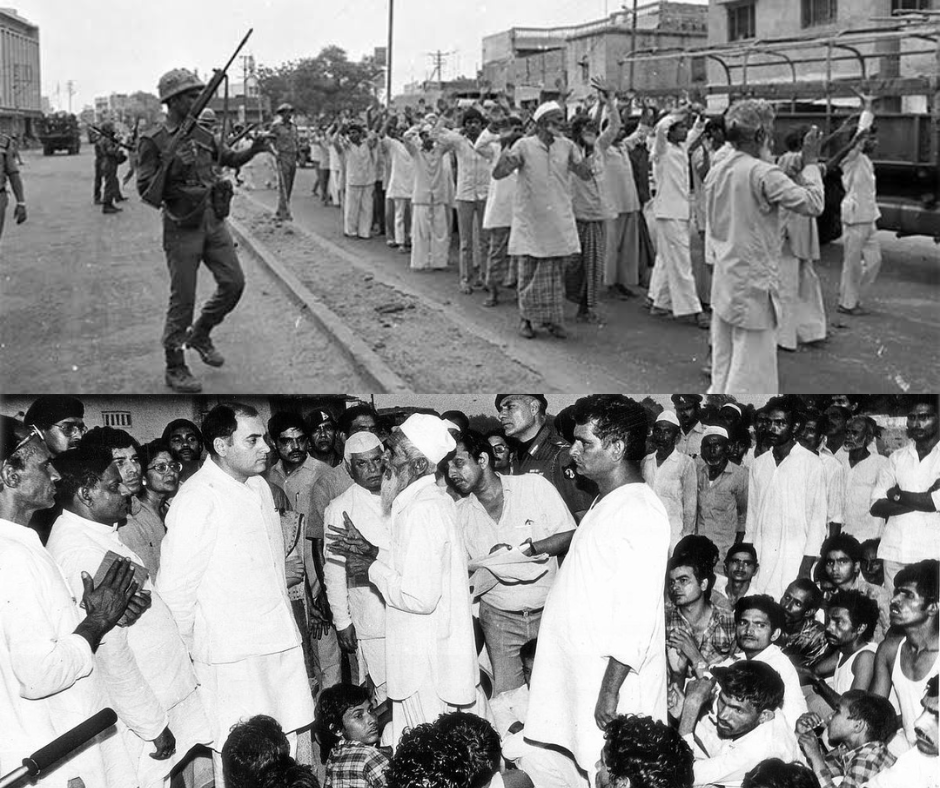


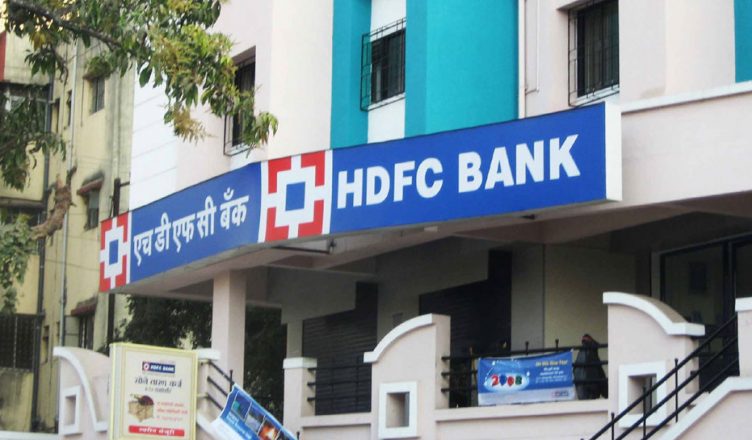

.jfif)
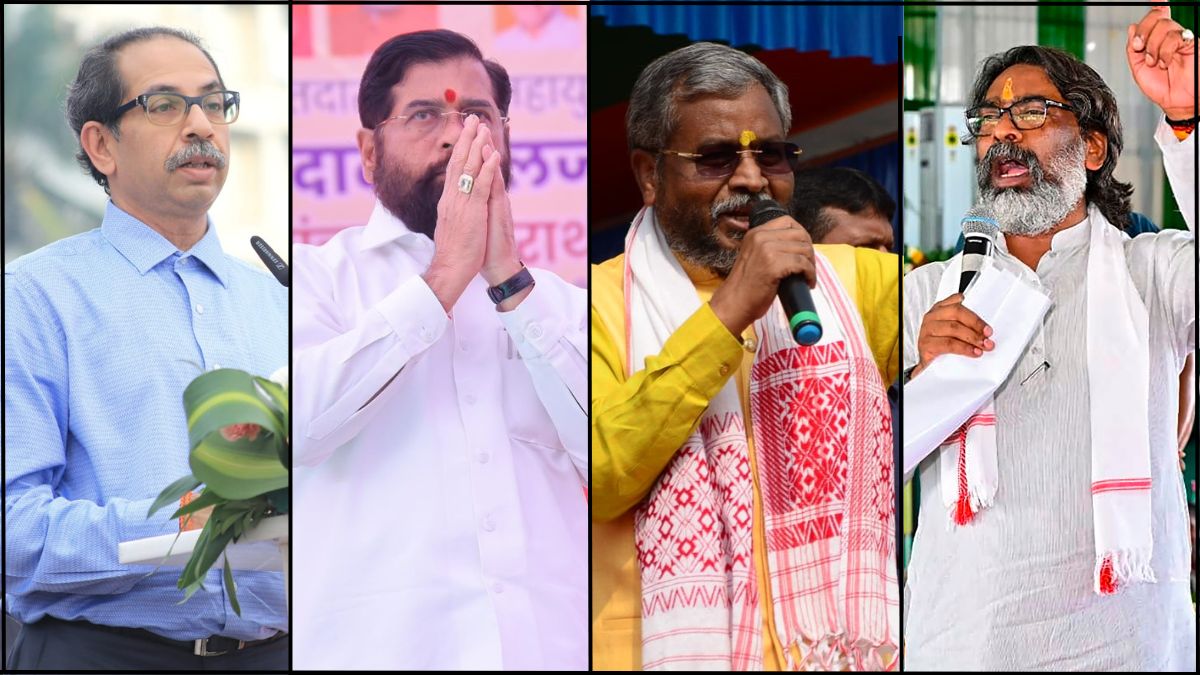


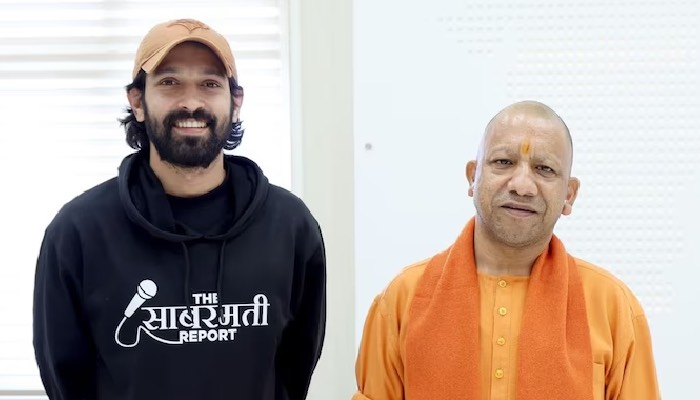
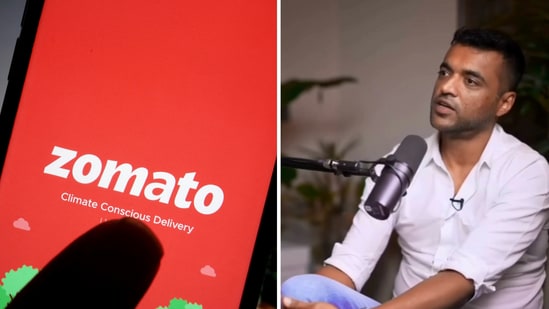
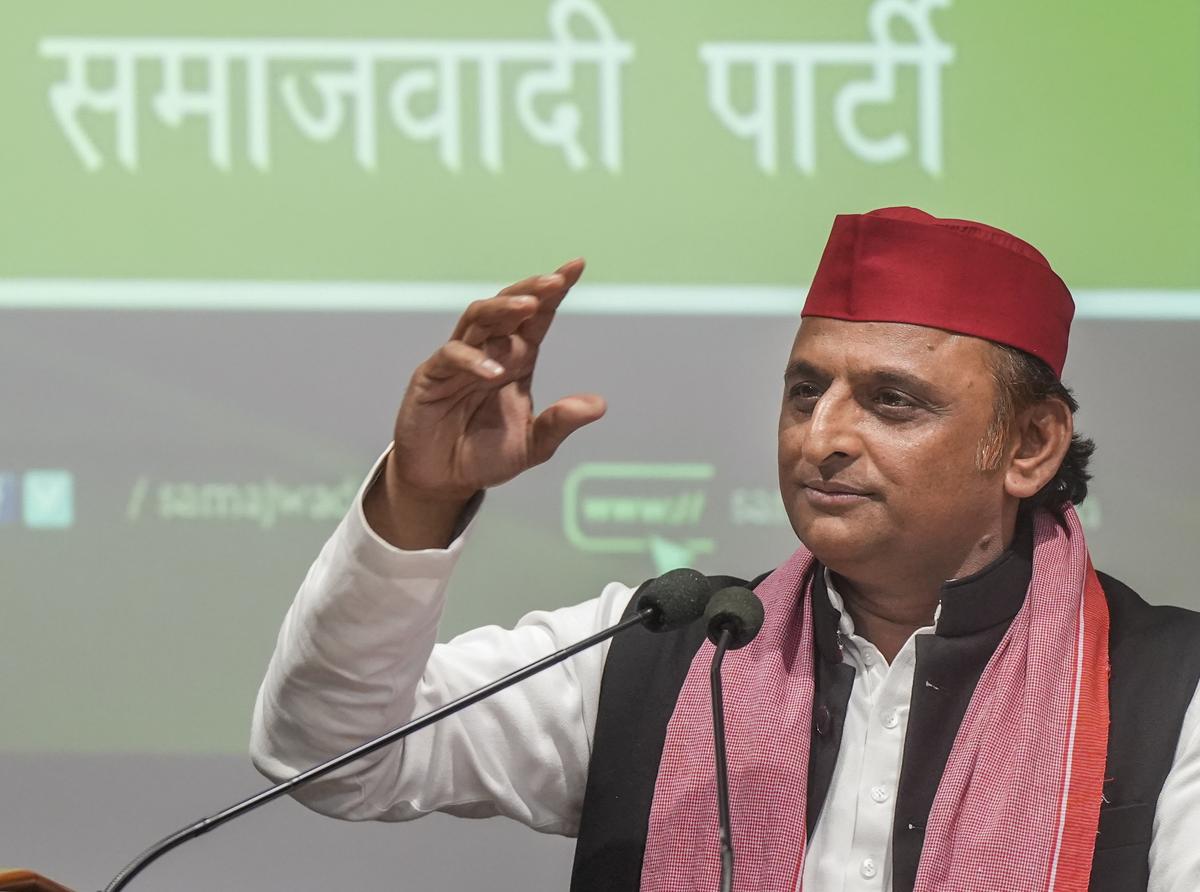

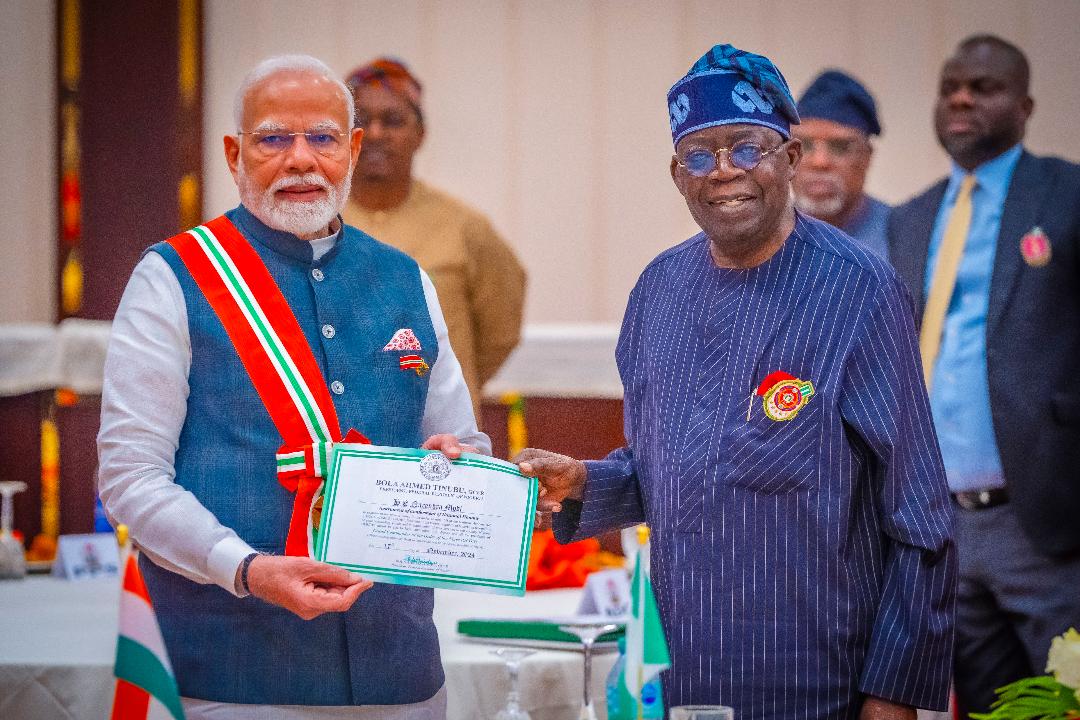

.jpg)



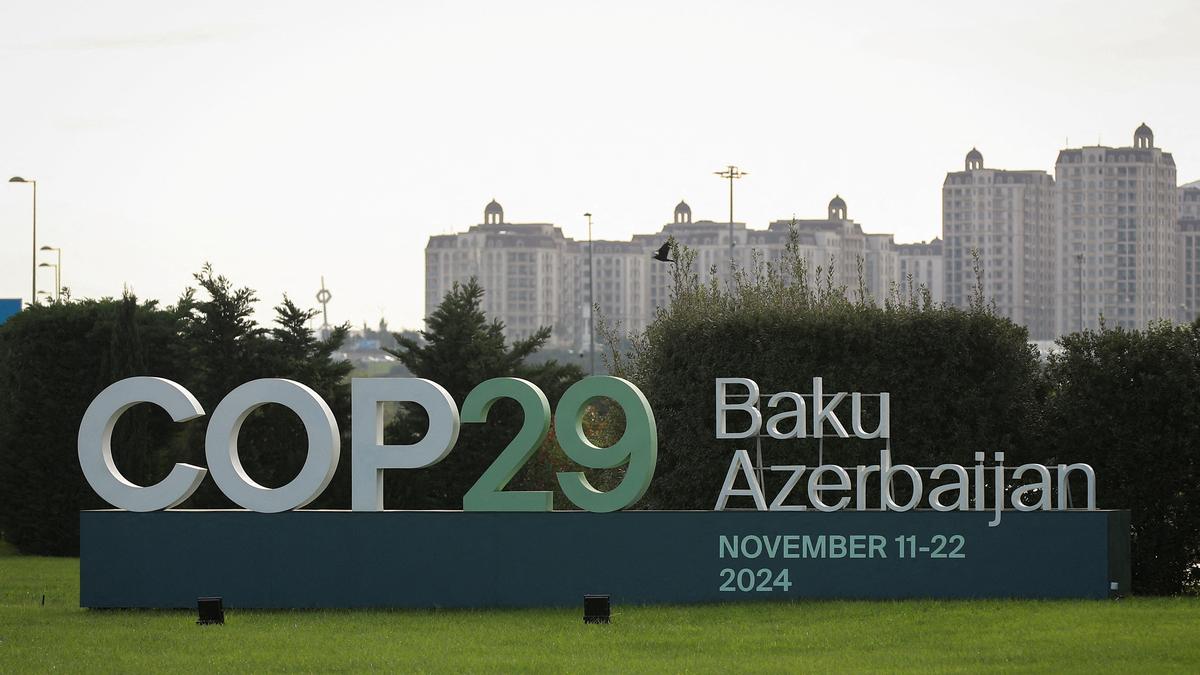

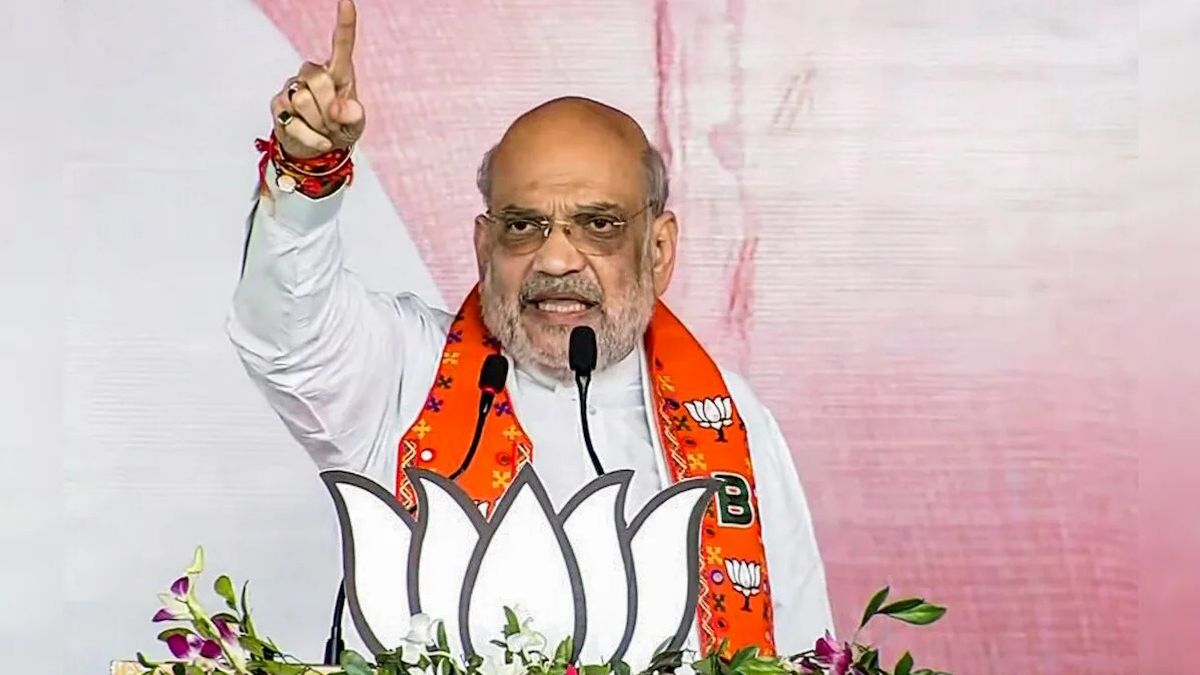
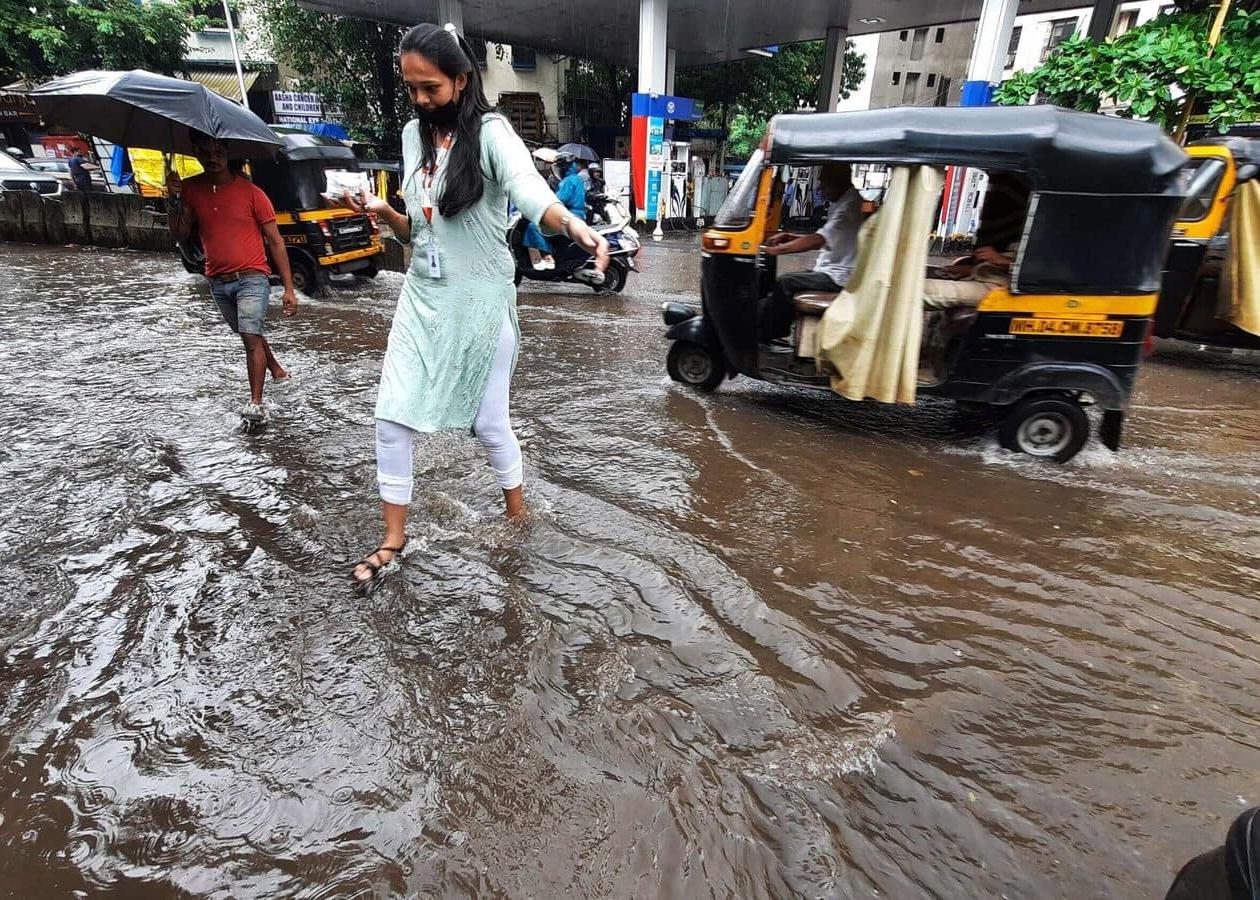
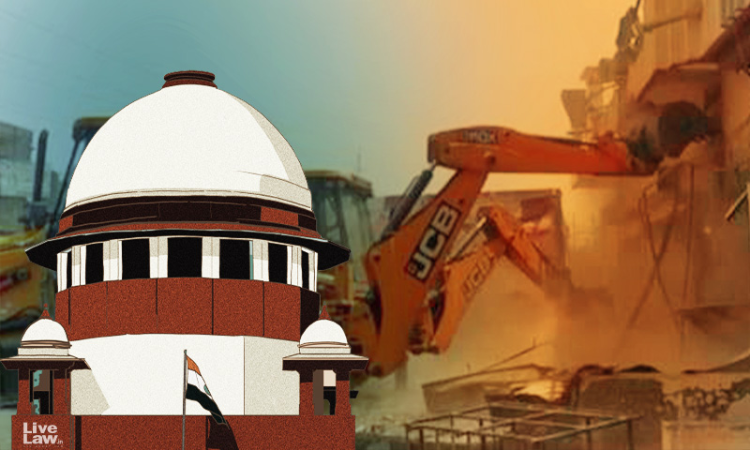

























































































.png)
 (1).png)























